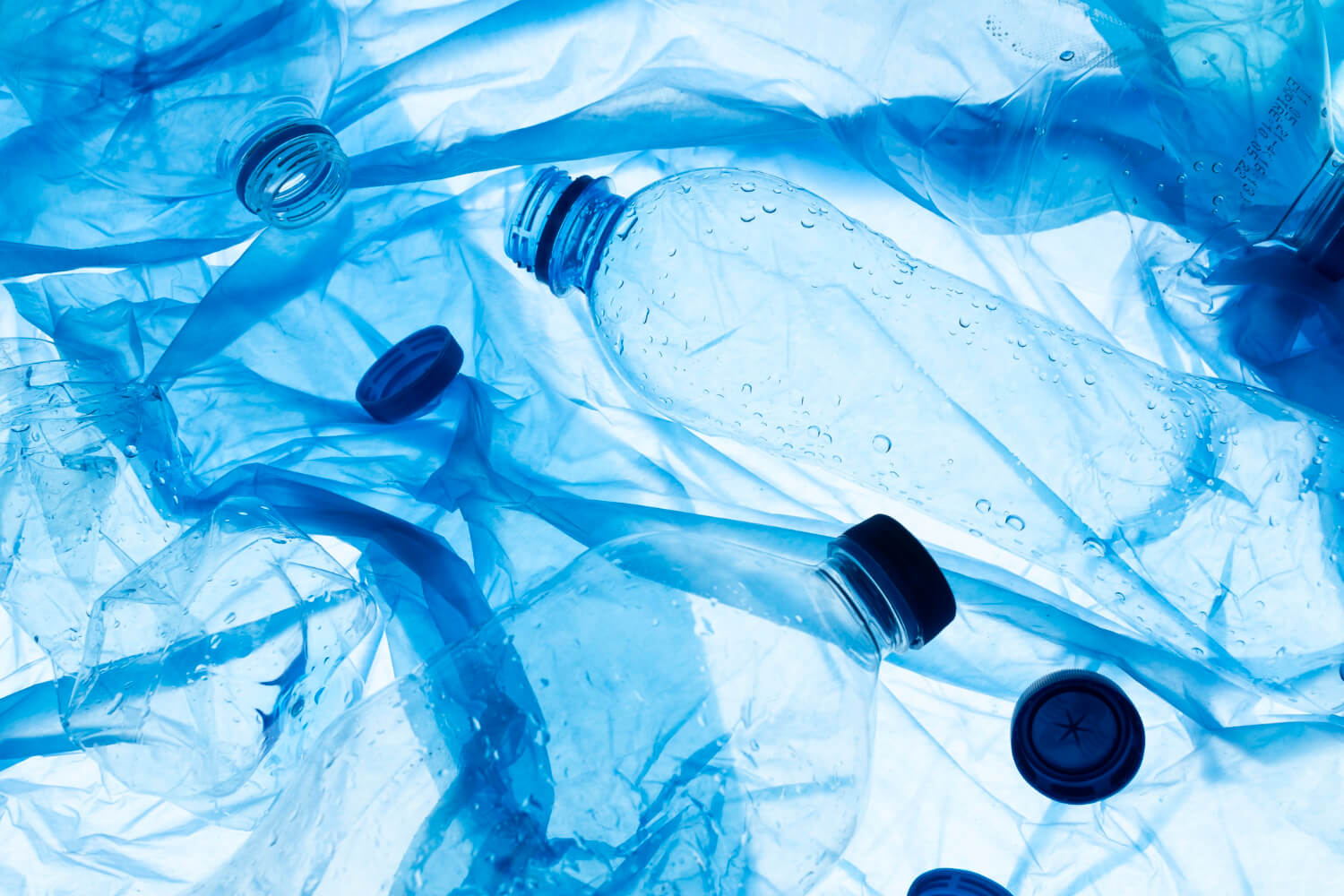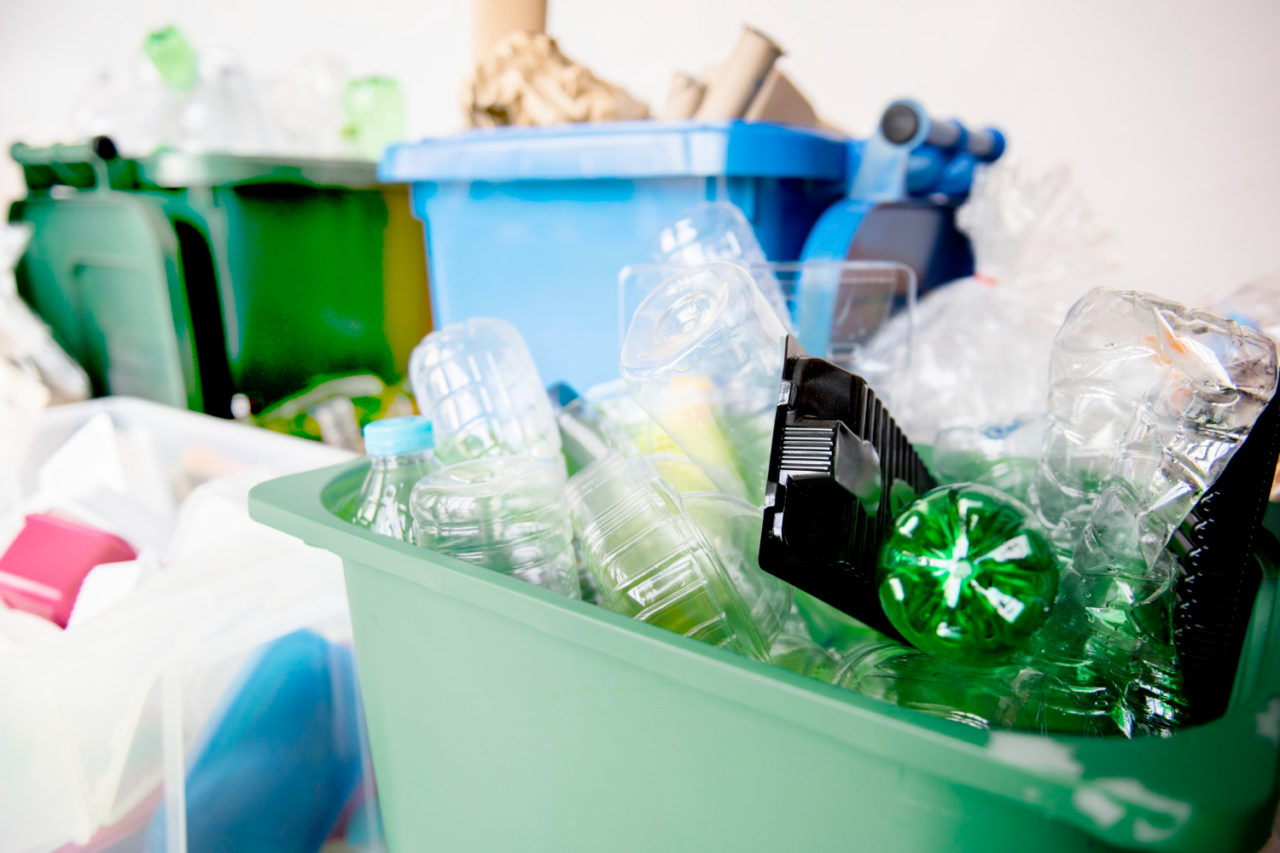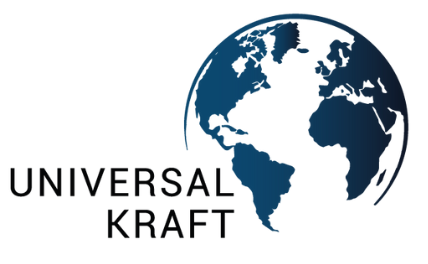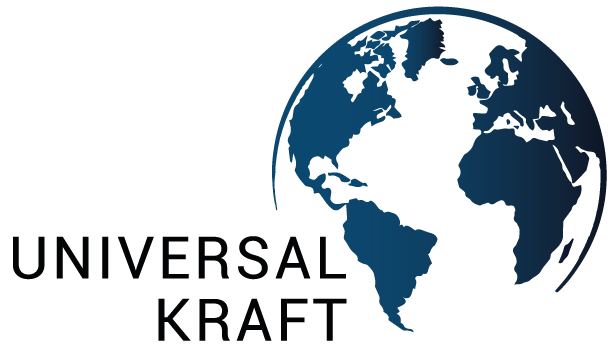
New recycling technology has been developing an artificial intelligence to help programs to sort plastics effectively and affordably in order to stop recyclable materials from being sent to landfills.
Regretfully, not all of the plastics that we carefully sort from the rest of our waste are actually recycled, even with the best of intentions. And improper sorting of plastic recycling is a major contributing element to the current situation. The purpose of AI is to assist the global community in resolving the issue of recyclable plastics ending up in landfills.
“The recycling process is quite complicated. You must understand how to correctly put all recyclable things, such as bottles and other items, into the appropriate containers when you go to the grocery store or for your regular recycling. You need to know the labels, know the icons,” explains University of Technology Sydney School of Electrical and Data Engineering’s Dr. Xu Wang.

With this in mind, Wang and a team of researchers from the university’s Global Big Data Technologies Centre (GBDTC) have designed a recycling technology that can do this sorting automatically. The “smart bin” gadget combines robotics, machine vision, and artificial intelligence with a plethora of cutting-edge technologies. Let’s just say that this isn’t your typical wheelie bin.
More importantly, Wang says, the bin can recognize different types of plastics including PET (polyethylene terephthalate) and HDPE (high-density polyethylene). “This machine can classify different (types) of waste including glasses, metal cans and plastics,” affirms Wang.
Why this recycling technology is an example of a circular economy
Globally, it is estimated that more than USD 200 billion worth of recyclable materials goes unrecovered annually. Material recovery has significant challenges due to the economics and efficiency of separating and classifying recyclables such as paper, plastics, metals, and other materials from the waste stream. Stricter international quality criteria for contamination-free recyclable material imports have also affected the trash business recently. As a result, the industry is looking for economical ways to comply with these demands.
Original statements for Hydrogen Fuel News.

Waste is not just a problem, waste can be a solution where non-recyclable waste is turned into a valuable resource for the whole society.
At Universal Kraft we work with waste-to-energy technologies with compact, scalable, efficient and flexible solutions, converting a variety of different wastes into energy. Discover more here.
You can also follow us on Linkedin to stay updated with the latest technologies.




